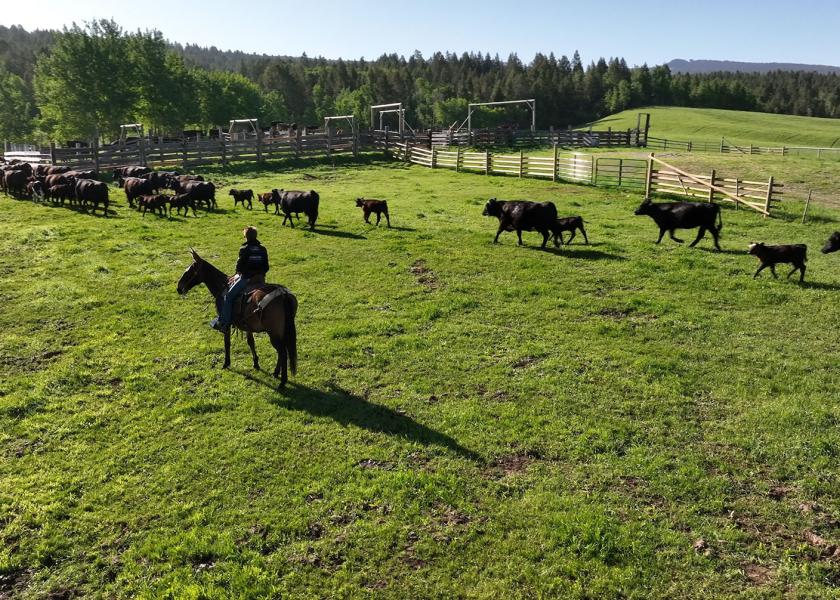Genetic Selection: No Better Than the Information Behind It

“Information, information, information. Data, data, data.” That was the take[1]home message in Dr. Joe Massey’s talk to Wagyu breeders during the recent World Wagyu Conference in San Antonio, Texas, and he emphasized it over and over again.
That message? If Wagyu breeders want accurate EPDs to move their genetics forward, it’s essential they provide the breed association with performance data. “You need data so you can see what’s really happening in your breed. Otherwise, you have no sense of genetic selection.”
Massey founded DigitalBeef, now in use by the American Wagyu Association and 15 other breed associations in the U.S. and Canada, after serving nine years as a breed association executive. “First and foremost, it’s a program so the association can register your animals, track membership, track sales of your cattle and where they move,” he said.
“Secondly, if you become a user of DigitalBeef, you’re going to learn a lot about your herd, so it helps you be a better manager of your operation. And the third piece is that it’s a management program for the breed association.”
That said, he told Wagyu breeders, some of whom are new to cattle and beef production, that they are in the genetic business. “You want to know the genetic value of your animals so you can see trends,” he said. In short, he told Wagyu breeders that they’re in the performance business.
“What does that mean? You’re trying to collect birth weights, weaning weights, yearling weights, carcass data, you name it.” But if that isn’t reported to the association, it’s not much use in increasing the accuracy of the EPDs that breeders use to select matings.
The accuracy of an EPD is a reflection of how much data is behind it.
“Accuracy is the more offspring you have (with performance data reported), the more accurate the record (of the sire and dam).”
For example, you’re considering using a bull with an EPD of plus 30 for weaning weight. But the accuracy of that EPD is 0.10. That means you’ll have, on average, a range of plus or minus 10 pounds. “That means you’ve selected a bull that you think you’re going to get an average of 30 pounds increase in weaning weight, but it might be as little as 20 pounds or as much as 40 pounds.”
However, as more data arew reported on the offspring of that bull, the EPD accuracy will increase and the expected range in genetic variation will get smaller.
“Then, all of a sudden, your predictability becomes greater,” he said. “The point is, you have the tools to mate your cattle in advance and find out what you ought to expect. That expectation comes from the accuracy of those EPDs. So more data, more data, more data on more calves, more predictability.”







